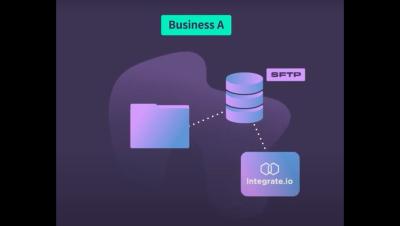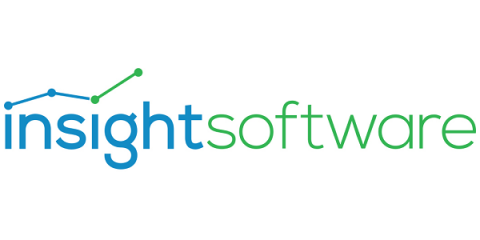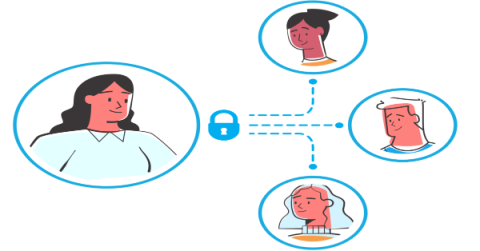Recruit Data Talent or Upskill?
How do you build more data talent in your organization? Sebastien Rozanes, the Chief Data and Analytics Officer at Carrefour, believes it's part recruiting—but it's also about alignment and shifting the culture. By improving data accessibility and usability, Carrefour is on a mission to make more data leaders inside the organization.









